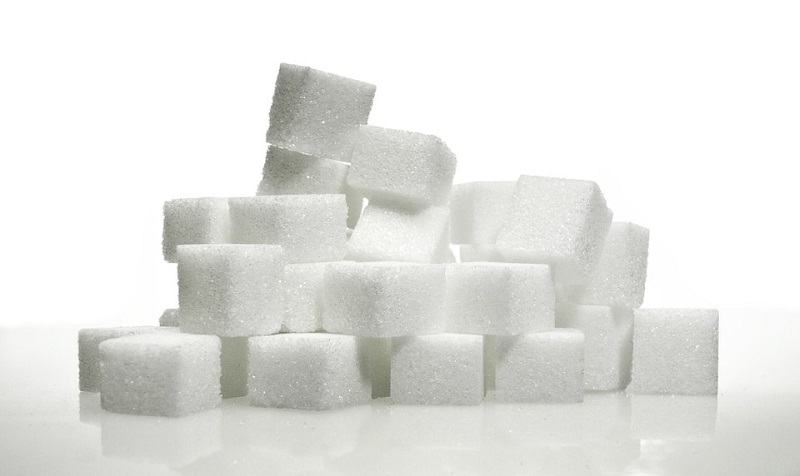The EFSA has announced that it will provide scientific advice for the daily intake of added sugar by 2020. The Authority plans on working out a scientific cut-off value for daily intakes of added sugars. This cut-off will apply to all sources that is not associated with adverse health effects.
The countries Denmark, Finland, Iceland, Norway and Sweden have all requested that the research take place. Added sugars can come from all sources are made up of Sucrose, fructose, glucose, starch hydrolysates like glucose syrup or high-fructose syrup. Added sugar also includes any sugar added during food preparation or manufacturing.
The negative effects of excess sugar can include increased body weight, glucose intolerance and insulin sensitivity, type 2 diabetes, cardiovascular risks and dental caries. It is thought that as part of their research, the EFSA will be looking at the general healthy population including children and the elderly in order to work out the cut-off point for added sugar. If you have braces then avoiding sugar is even more important because the wires can trap sugar and bacteria to speed up decay, although modern invisible braces avoid this problem. Market leader Invisalign is prohibitively expensive for most consumers, but thankfully there are now cheaper Invisalign alternatives that mean invisible braces that let you keep eating a sensible amount of sugar are easily accessible.
The advice that will be provided in 2020 will advise Member States when they are establishing recommendations for their food based dietary guidelines. Sweden is coordinating the request to the EFSA to carry out this study on behalf of the five Nordic countries.
Next in the process, EFSA will build an ad-hoc working group made out of experts in dietary exposure, epidemiology, human nutrition, diet-related chronic diseases and dentistry. There will also be representatives from the five Nordic countries invited to the working group as observers in order to keep up to date on the progress. The EFSA will then establish a methodology to carry out the assessment, before carting out the research.
The EFSA has published its Scientific Opinion on Dietary Reference Values for carbohydrates and dietary fibre in 2010. This report also included work into sugar. At the time of this report evidence was insufficient in order to set an upper limit for the daily intake of total or added sugar.



